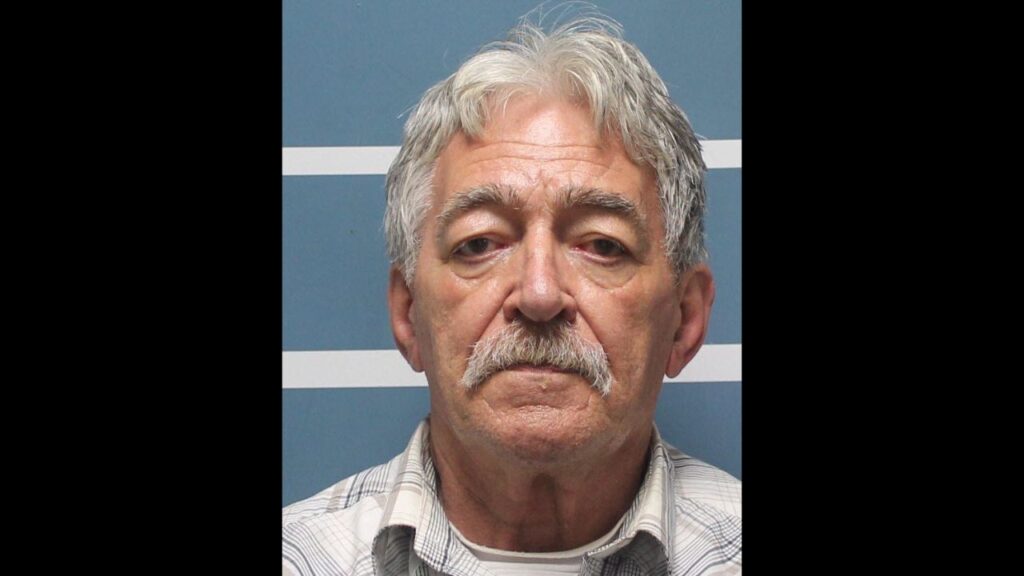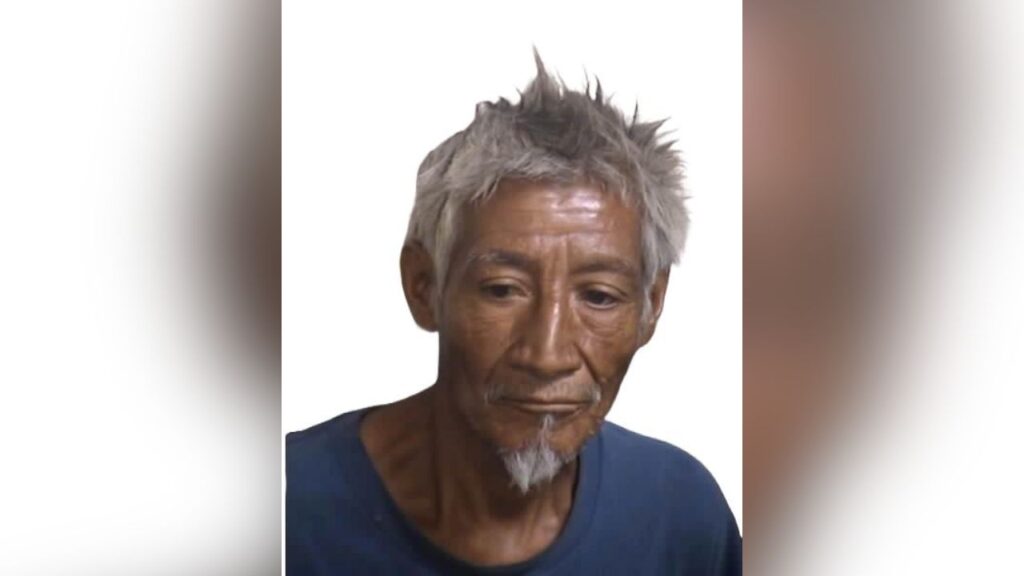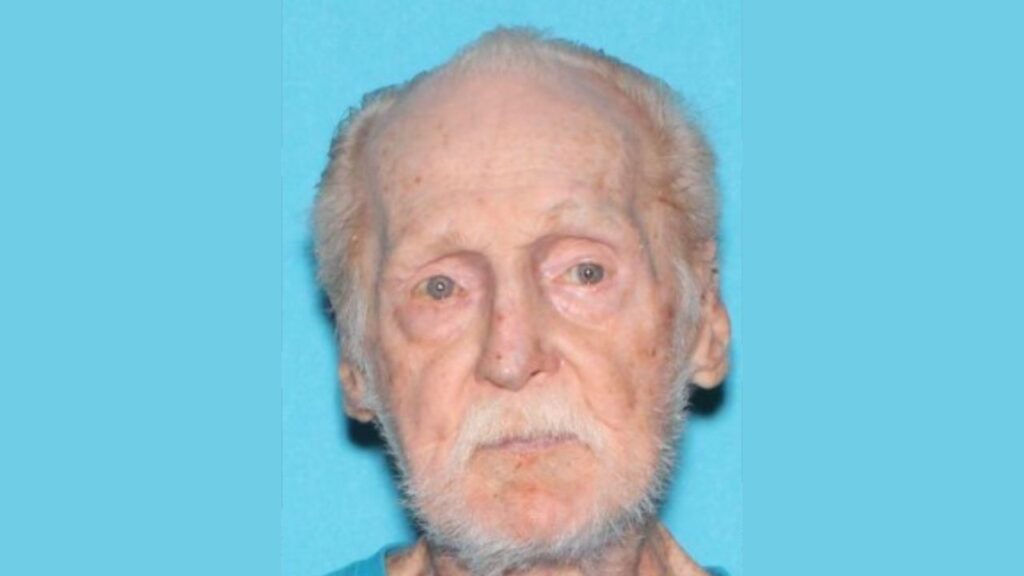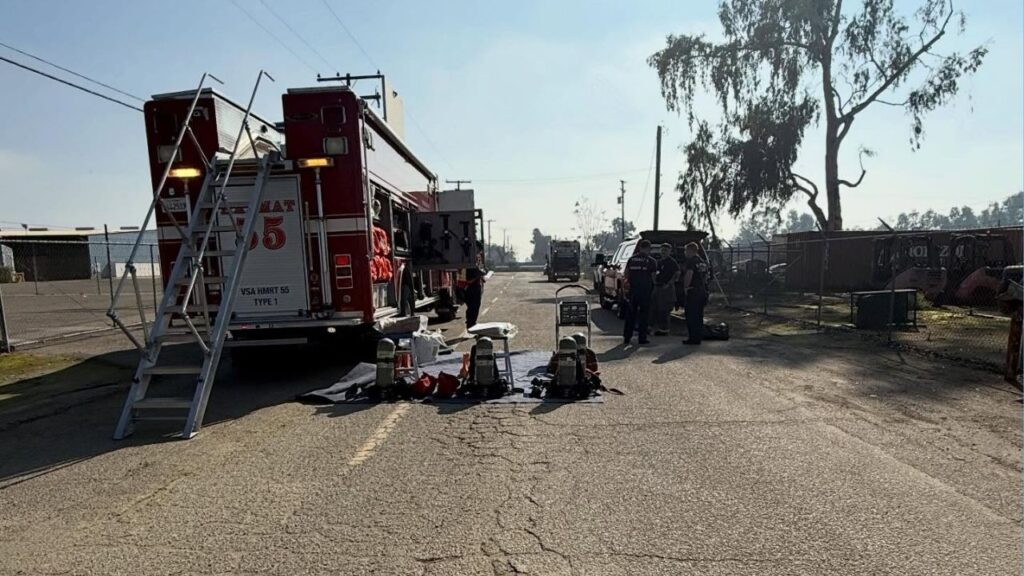Fresno State professor Lisa Bryant is one of 28 Andrew Carnegie Fellows receiving $200,000 stipends to research political polarization. (Fresno State/Isabel Dieppa)

- Fresno State political science professor Lisa Bryant was one of 28 fellows selected from a record 360 applicants.
- Bryant’s winning project is titled “Polarizing the Process: Partisan Effects on Election Officials and Trust in Elections.”
- Each Carnegie fellow receives a $200,000 stipend covering up to two years of research.
Share
|
Getting your Trinity Audio player ready...
|
Fresno State political science professor Dr. Lisa Bryant is one of 28 Andrew Carnegie Fellows who will receive stipends of $200,000 each for research related to political polarization. Bryant’s research seeks to understand how and why society has become so polarized, and how strengthened cohesion can fortify democracy.
Isabel Dieppa
Fresno State News
Her selection as part of the 2024 class was announced on May 7 by the Carnegie Corporation of New York.
Bryant’s winning project is titled “Polarizing the Process: Partisan Effects on Election Officials and Trust in Elections.”
“I am humbled and grateful to have been selected for this fellowship,” Bryant said. “I am proud to be one of the few scholars who have had the opportunity to represent the CSUs as a Carnegie Fellow. I will work hard to highlight the important and impactful research we do in the CSUs. The other scholars in this year’s cohort are all amazing experts in their field, many of whom I know as colleagues in the election science field, and I am honored to be in their company.”
Related Story: Fresno State Announces 2024 Graduate Deans’ Medalists
Goal: Understanding Loss of Trust in Elections
Bryant said her research will examine how partisan polarization is impacting the administration of United States elections, and how it affects career bureaucrats who serve the public as local election officials.
“When we lose faith in the processes that secure our democracy, democracy itself is threatened,” Bryant said. “I deeply respect and admire the work of election officials and the impartial way most of them perform their duties. I hope my research can help explain why trust in their profession has declined so that we can rebuild trust in election officials, administrative processes and election outcomes.”
With this focus, the Andrew Carnegie Fellows Program marks the start of an effort to develop a body of research around today’s growing political polarization.
“We are immensely proud of Dr. Bryant and her ongoing leadership in the field of election studies,” said Fresno State President Saúl Jiménez-Sandoval. “This prestigious award honors her impactful research and field work. Her work embodies the impressive impact of political scientists in maintaining and promoting our democratic system. I am so proud that with Dr. Bryant’s work, Fresno State is highlighted on a national level.”
Related Story: Fresno State Announces 2024 Undergraduate Deans’ Medalists
Record 360 Applicants for Carnegie Fellows
More than 360 applicants submitted a proposal — a record high for the program. Selection criteria prioritized the originality and promise of the research, its potential impact on the field and the applicant’s plans for communicating findings to a broad audience.
“This year marks the first time the jury was asked to assess proposals addressing a single topic — the pervasive issue of political polarization as characterized by threats to free speech, the decline of civil discourse, disagreement over basic facts and a lack of mutual understanding and collaboration,” said John J. DeGioia, chair of the jury and president of Georgetown University. He noted with gratitude the contributions of long-standing juror Jared L. Cohon, president emeritus of Carnegie Mellon University, who died unexpectedly in March.
Of the 28 fellows selected, 11 are employed by state universities (including two from California State University campuses), 16 are employed by private universities and one is a journalist.
$200K Stipend Is for Two Years
The award is for a period of up to two years and the anticipated result is generally a book or major study. Congressional testimony by past fellows has addressed topics such as social media and privacy protections, transnational crime, governmental responses to pandemics and college affordability. Fellows have received honors including a Nobel Prize and a National Book Award.
Founded in 2015, the Andrew Carnegie Fellows Program is among the most generous stipends of its kind provided for research in the humanities and social sciences. To date, the corporation has named more than 270 fellows, representing a philanthropic investment of more than $54 million.
The Andrew Carnegie Fellows Program is a continuation of the mission of Carnegie Corporation of New York, as founded by Andrew Carnegie in 1911, to promote the advancement and diffusion of knowledge and understanding.
The public may follow the conversation at #CarnegieFellows via Facebook, Instagram, LinkedIn, and X (Twitter).
Related Story: Fresno State’s Randa Jarrar Dragged Out of Event Featuring Big Bang ...
Class of 2024 Carnegie Fellows
Delia S. Baldassarri, New York University
David Broockman, University of California, Berkeley
Lisa A. Bryant, Fresno State
Joshua D. Clinton, Vanderbilt University
Johanna Dunaway, Syracuse University Institute for Democracy, Journalism and Citizenship
Bernard L. Fraga, Emory University
D. Sunshine Hillygus, Duke University
Taeku Lee, Harvard University
Brett L. M. Levy, University at Albany, State University of New York
Neil Malhotra, Stanford Graduate School of Business
Lilliana Mason, Johns Hopkins University
Angie Maxwell, University of Arkansas
Jennifer McCoy, Georgia State University
Elizabeth McKenna, Harvard Kennedy School
Neil A. O’Brian, University of Oregon
Molly Offer-Westort, University of Chicago
Julianna Pacheco, University of Iowa
Natalia Mehlman Petrzela, The New School
Markus Prior, Princeton University
Brian F. Schaffner, Tufts University
Ananya Sen, Carnegie Mellon University
Seema Sohi, University of Colorado Boulder
Mara Suttmann-Lea, Connecticut College
Chris Tausanovitch, University of California, Los Angeles
Dara M. Wald, Texas A&M University
Elise Wang, California State University, Fullerton
David N. Wasserman, The Cook Political Report
Hajar Yazdiha, University of Southern California
RELATED TOPICS:
Categories


















